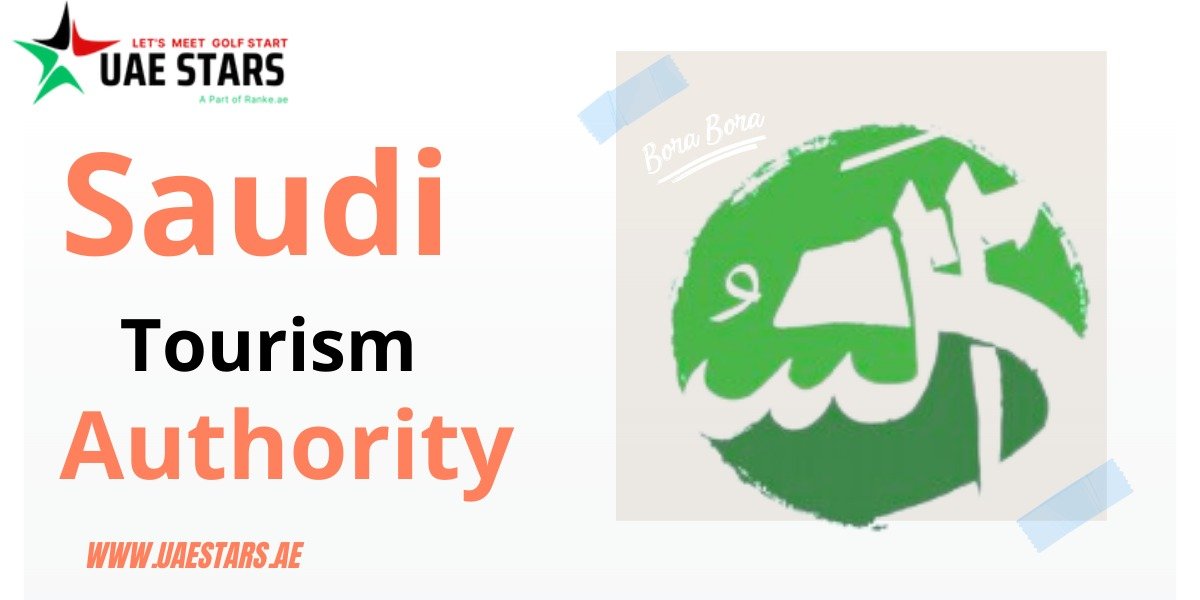Saudi Arabia, a land of historical and cultural richness, has been a hub of Islamic pilgrimage for centuries. However, in recent years, the kingdom has made significant strides in diversifying its economy and promoting its untapped tourism potential. One of the key players driving this transformation is the Saudi Tourism Authority (STA), the government body responsible for developing and promoting tourism in the country. In this blog post, we will take a closer look at the Saudi Tourism Authority and its initiatives to boost tourism in the kingdom.
Introduction to Saudi Tourism Authority
Established in 2019, the Saudi Tourism Authority is a government entity responsible for developing and promoting tourism in the kingdom. It operates under the Ministry of Tourism, and its mission is to develop Saudi Arabia’s tourism sector in line with the government’s Vision 2030 plan. The plan aims to reduce the country’s dependence on oil revenues and diversify the economy by developing new sectors, including tourism. With its vast untapped tourism potential, Saudi Arabia hopes to become a top tourist destination in the world and boost the country’s economy.
Initiatives by Saudi Tourism Authority
The Saudi Tourism Authority has been proactive in launching initiatives and programs to attract visitors to the kingdom. Some of the significant initiatives are:
- E-visa Program
In 2019, the Saudi Tourism Authority launched an e-visa program, which allows citizens from 49 countries to apply for a tourist visa online. The program aims to simplify the visa application process and encourage international tourists to visit the kingdom. The e-visa program has been successful in attracting tourists from around the world, including Europe, the Americas, and Asia.
- Destination Marketing
The Saudi Tourism Authority has launched several destination marketing campaigns to promote Saudi Arabia’s tourism potential. The campaigns highlight the country’s natural beauty, historical and cultural richness, and modern infrastructure. One of the notable campaigns is “Saudi Summer,” which was launched in 2020 to encourage domestic tourism during the summer season. The campaign offered discounts and incentives for tourists to explore the kingdom’s various destinations.

- Development of Tourist Destinations
The Saudi Tourism Authority is investing heavily in developing new tourist destinations across the kingdom. One of the notable projects is the development of Al-Ula, a historical city in northwestern Saudi Arabia. The city is home to several archaeological sites, including the ancient city of Hegra, a UNESCO World Heritage Site. The Saudi Tourism Authority is developing Al-Ula into a world-class tourist destination, with new hotels, museums, and cultural centers.
- Hospitality Training Programs
The Saudi Tourism Authority is also investing in training programs to develop the hospitality industry in the kingdom. The authority has launched several training programs in collaboration with international hospitality schools and organizations to provide training and education to local talent. The programs aim to develop a skilled workforce in the tourism and hospitality sector and create employment opportunities for Saudi nationals.
Challenges faced by Saudi Tourism Authority
While the Saudi Tourism Authority has made significant progress in promoting tourism in the kingdom, it faces several challenges that need to be addressed. Some of the significant challenges are:
- Limited Infrastructure
Saudi Arabia’s tourism sector is still in its infancy, and the country’s infrastructure is not well-equipped to handle the influx of tourists. The kingdom needs to invest heavily in developing its infrastructure, including roads, airports, and hotels, to attract more tourists.
- Cultural Barriers
Saudi Arabia is a conservative Muslim country, and tourists may face cultural barriers when visiting the kingdom. The country’s strict dress code, limited entertainment options, and gender segregation may deter some tourists from visiting.
- Perception of Safety
The kingdom has been in the news for its political tensions and security threats, which may deter tourists from visiting.









